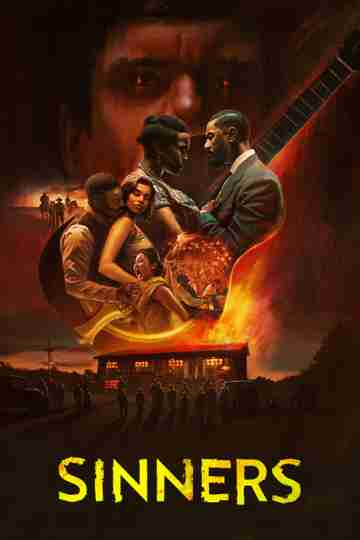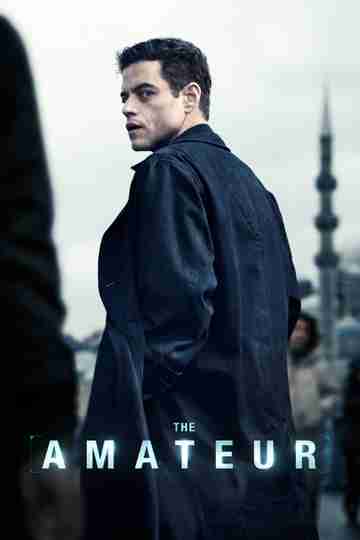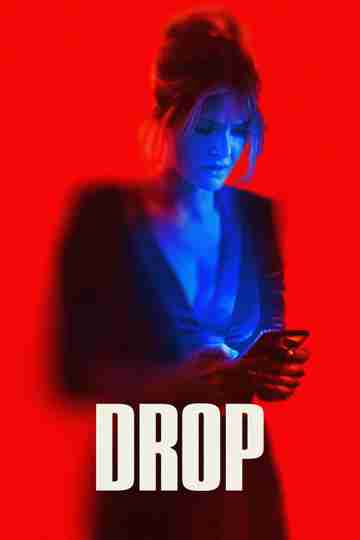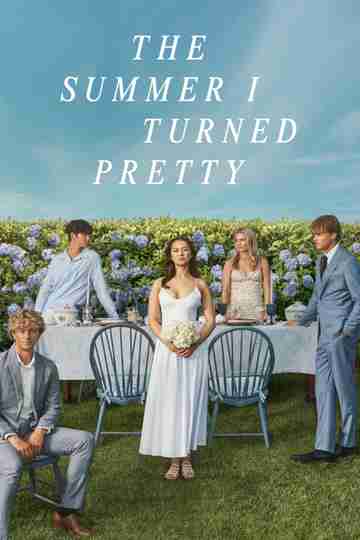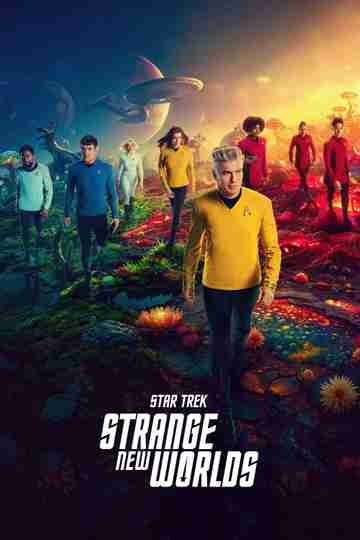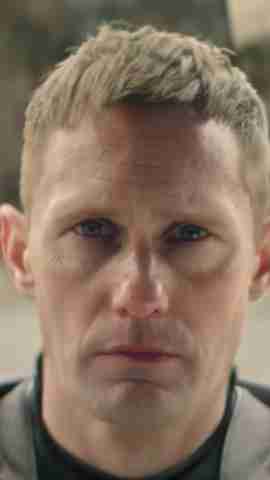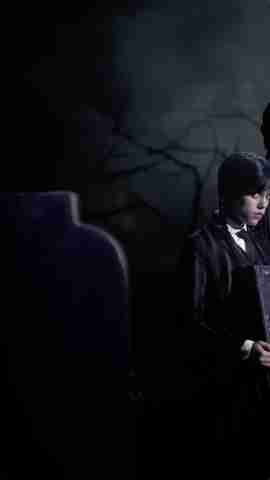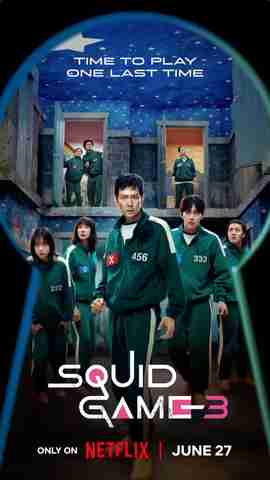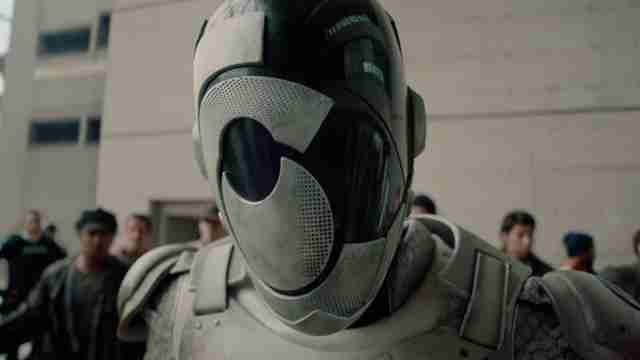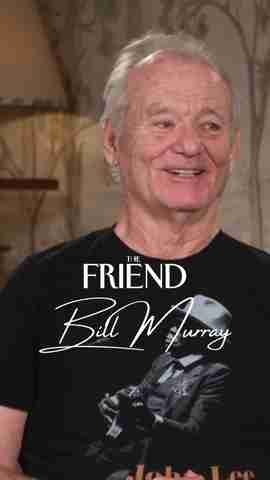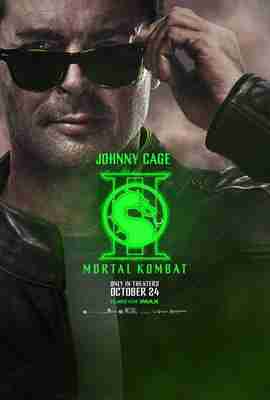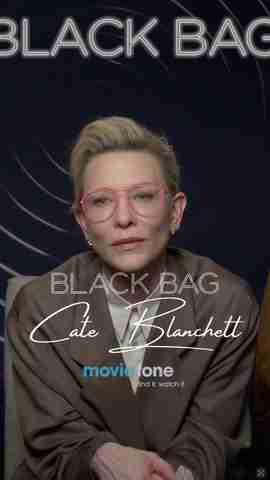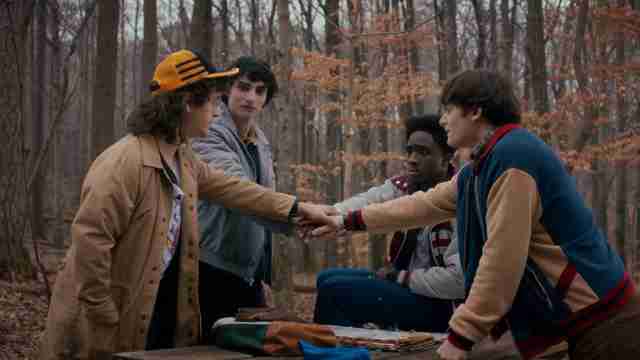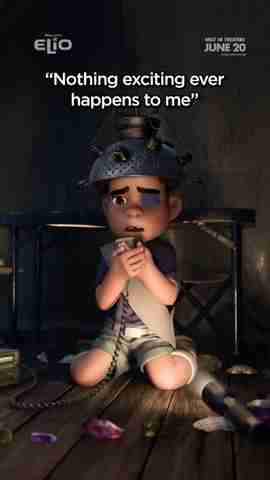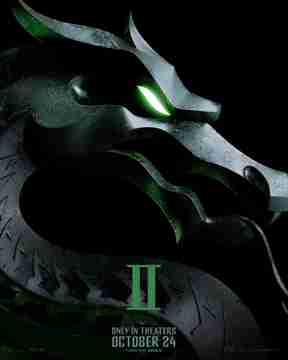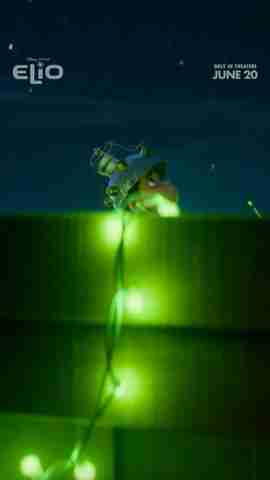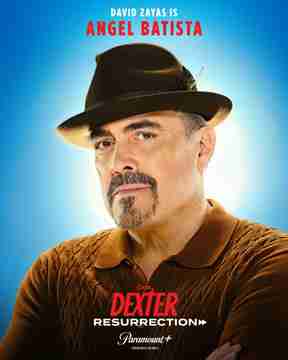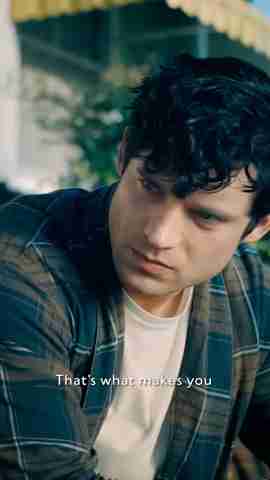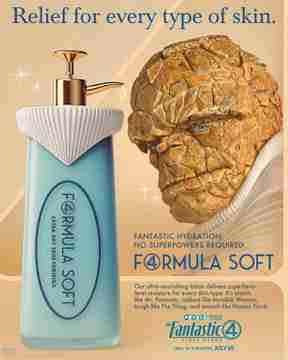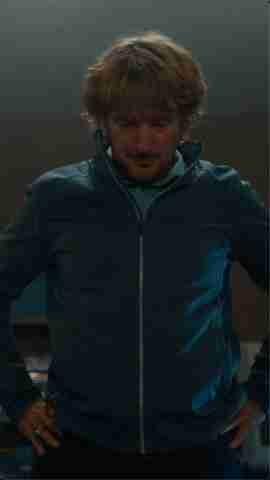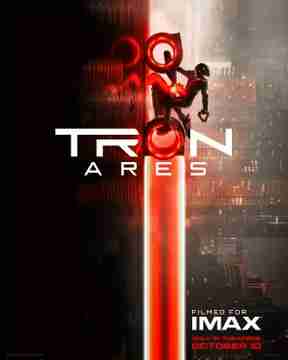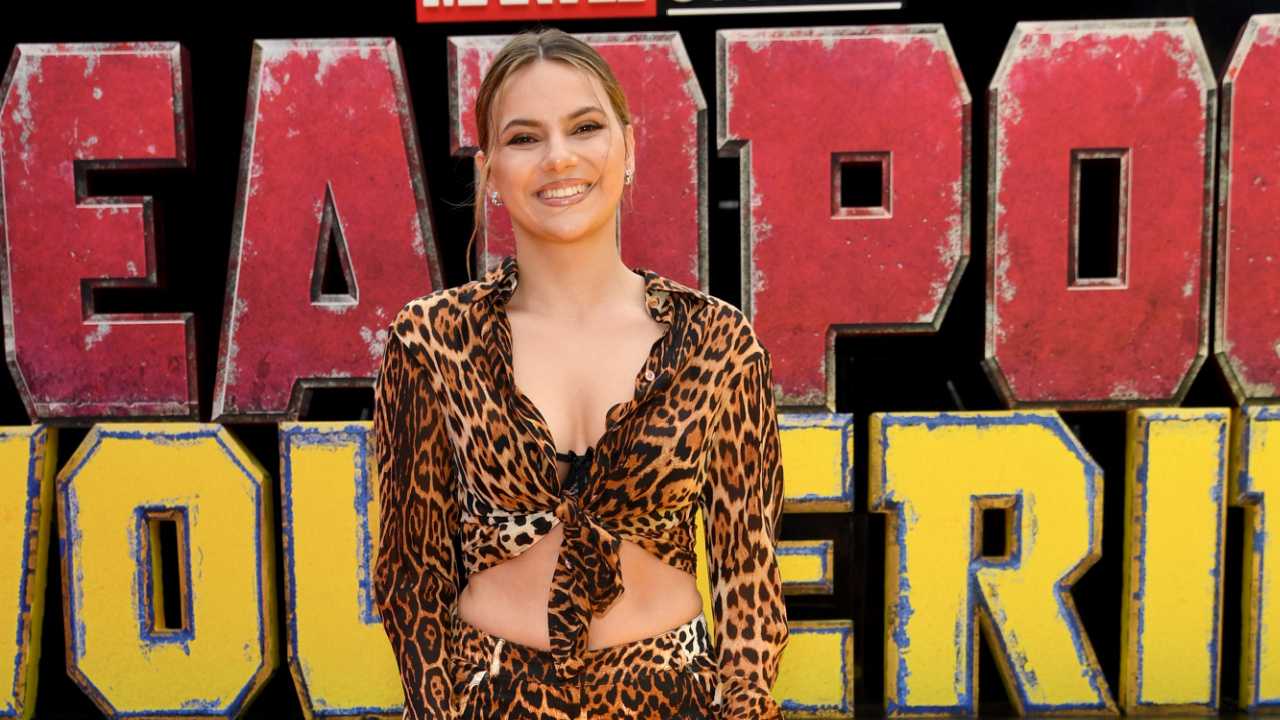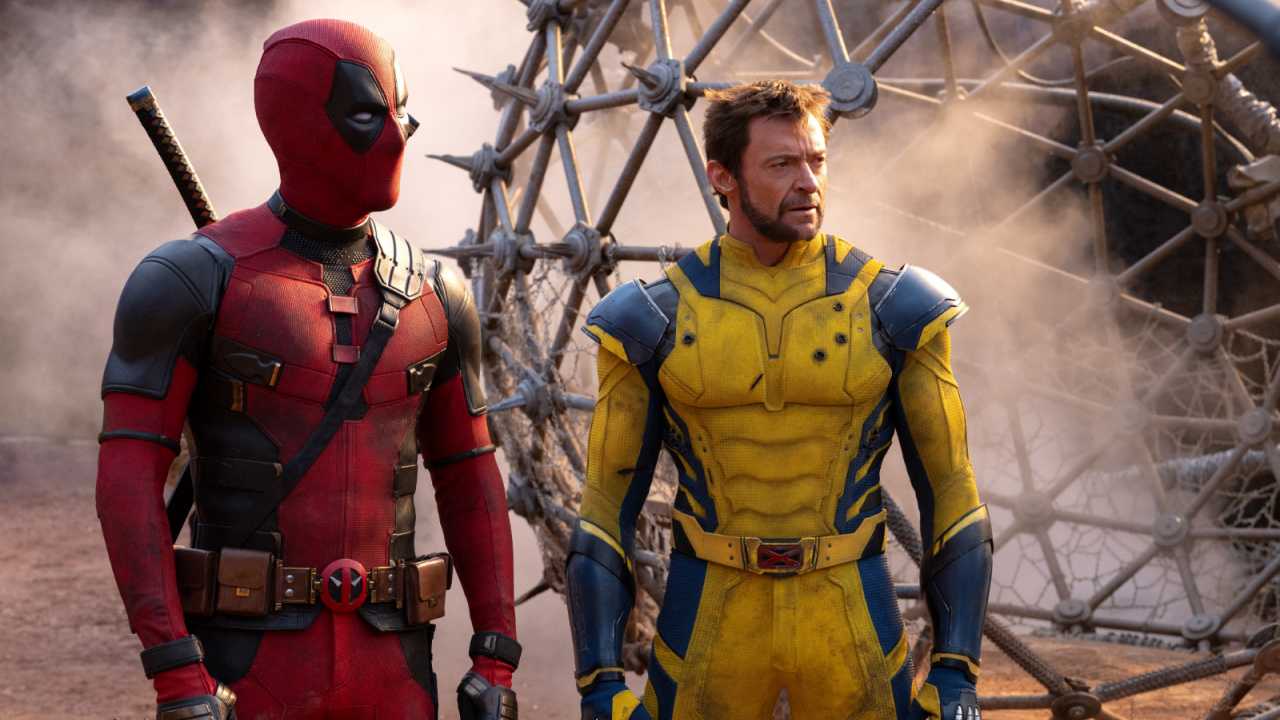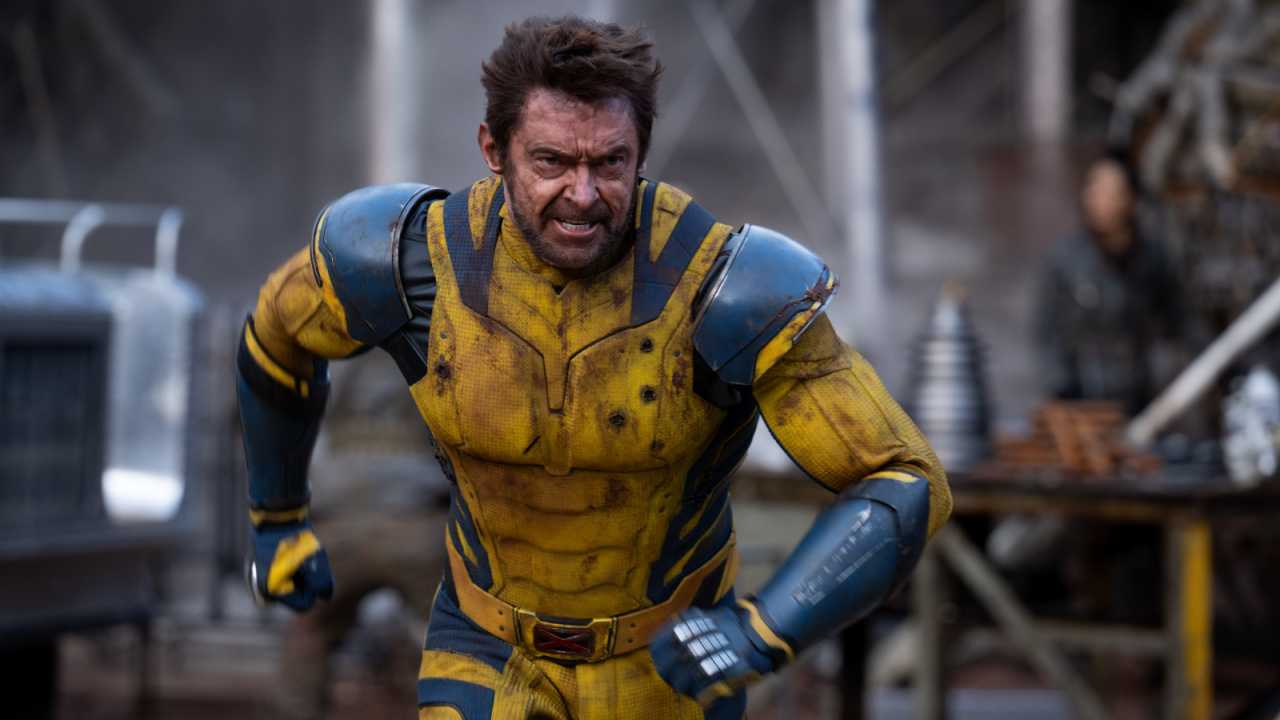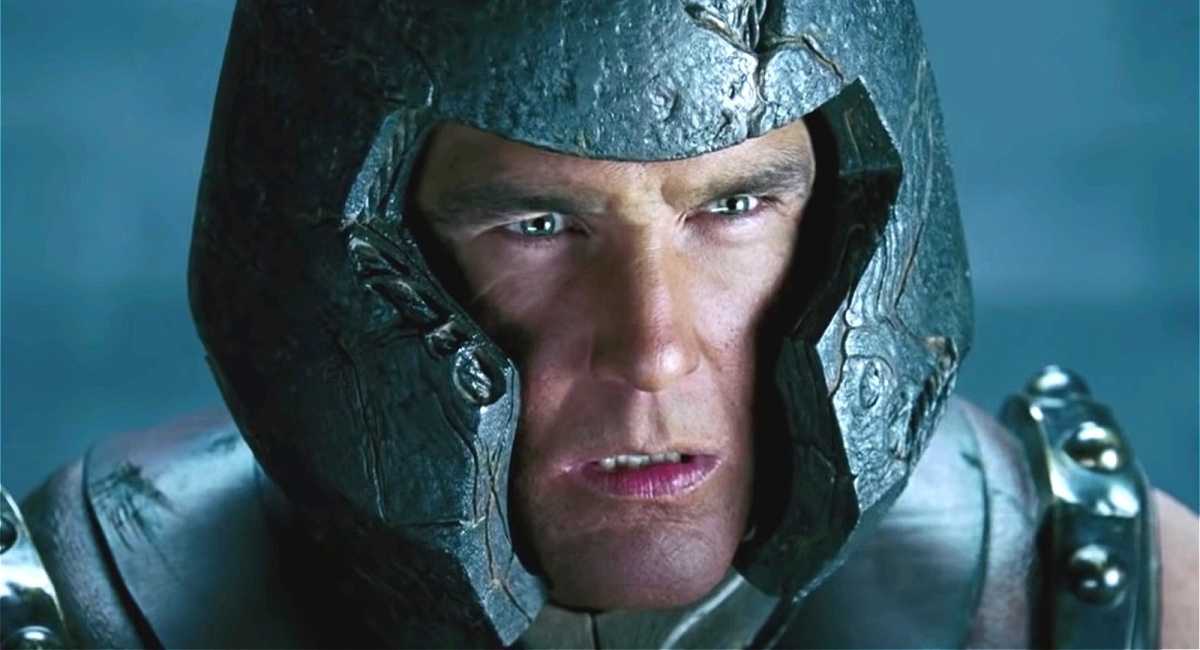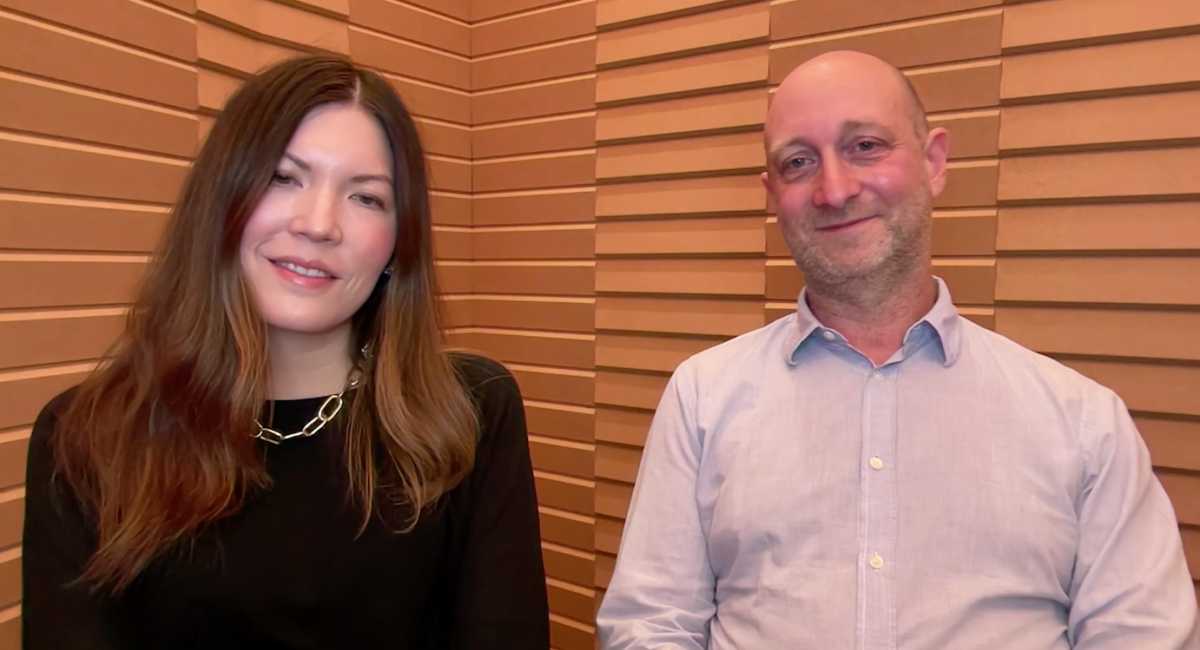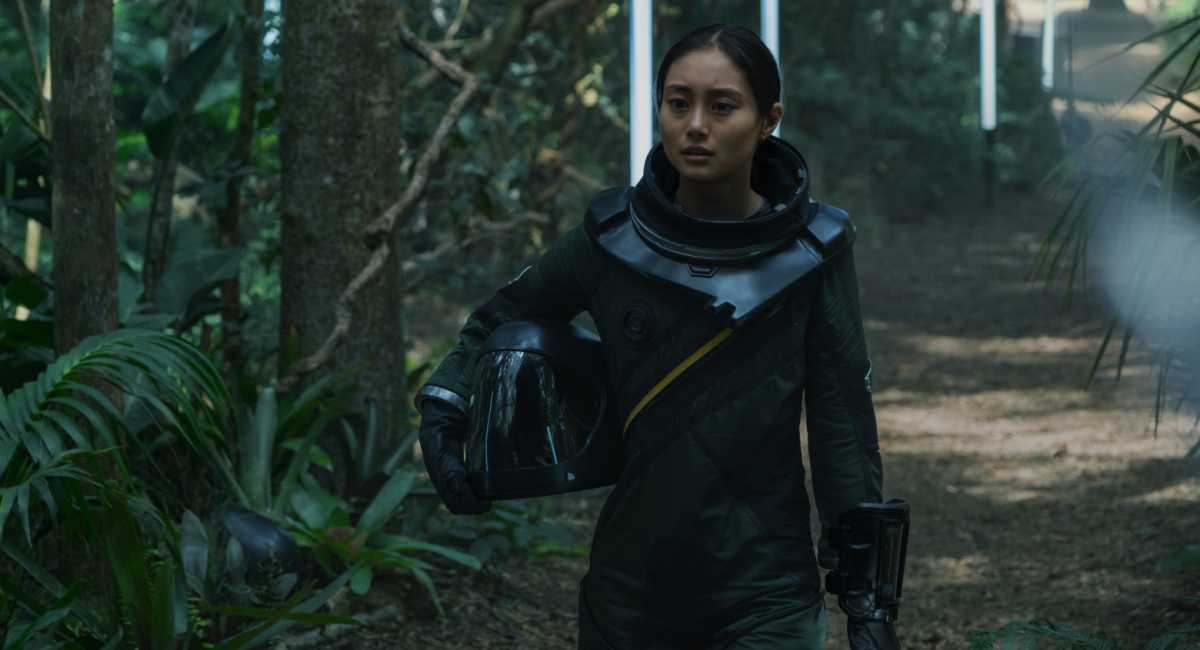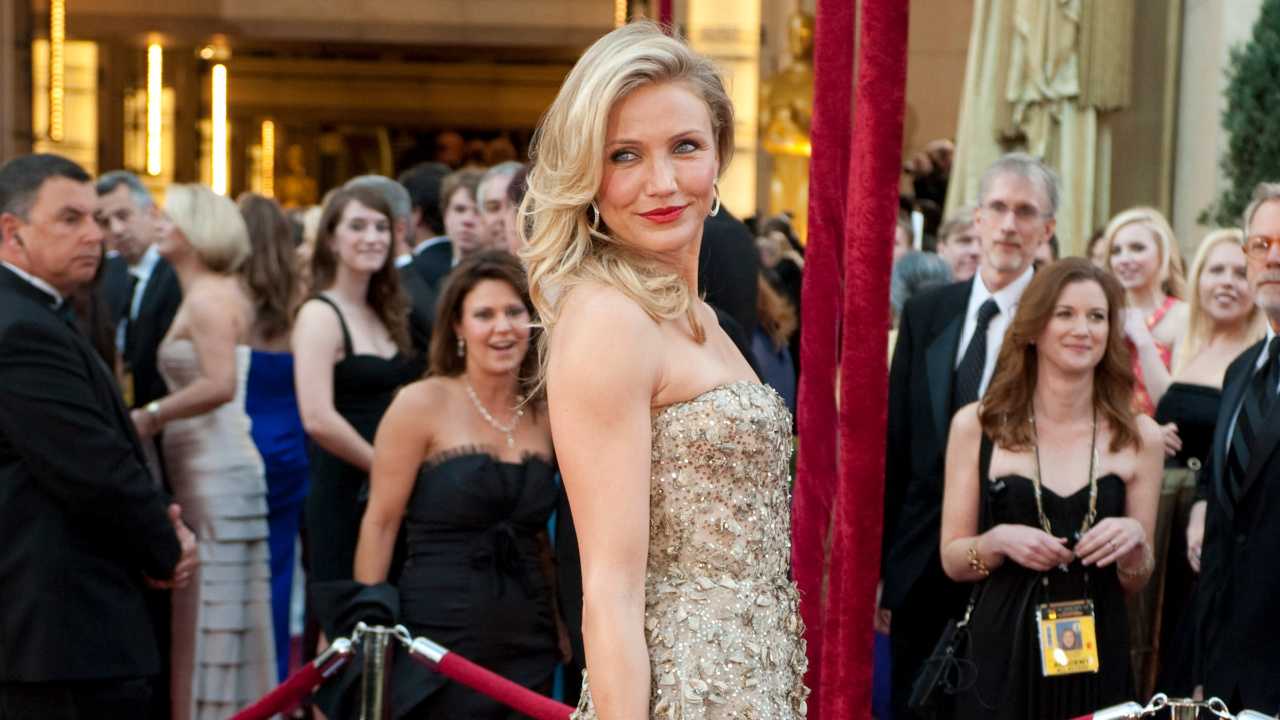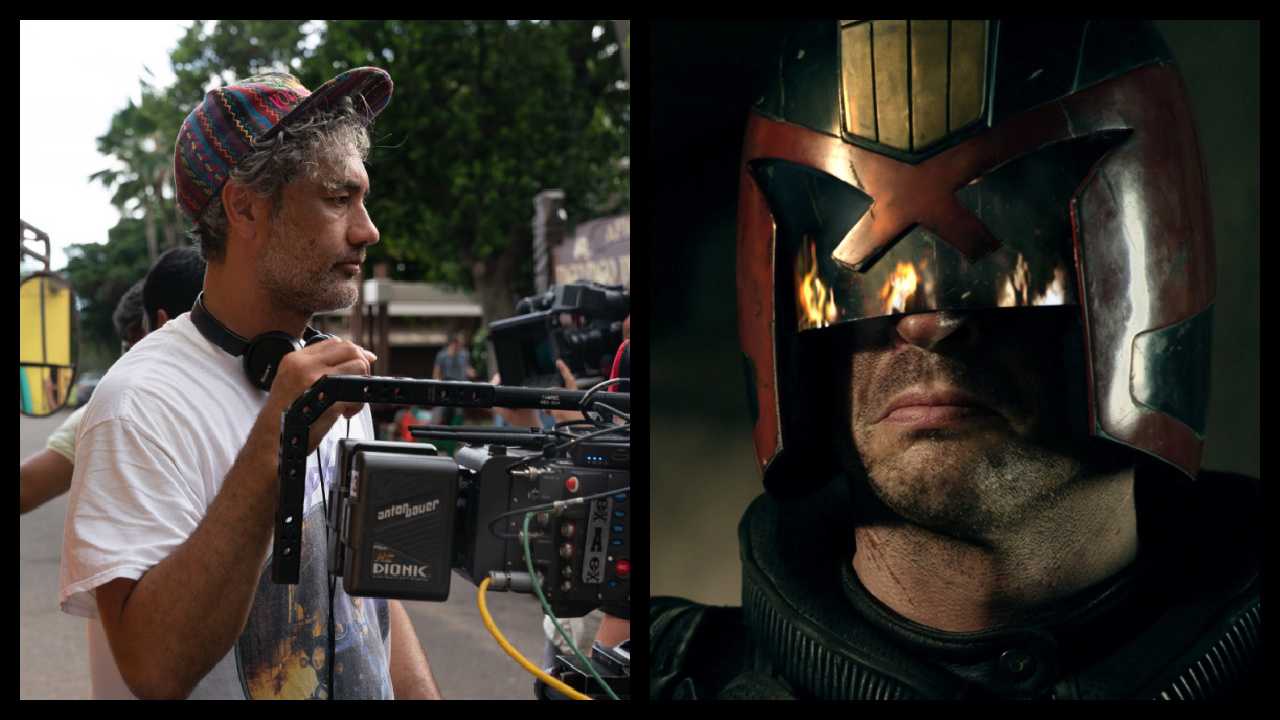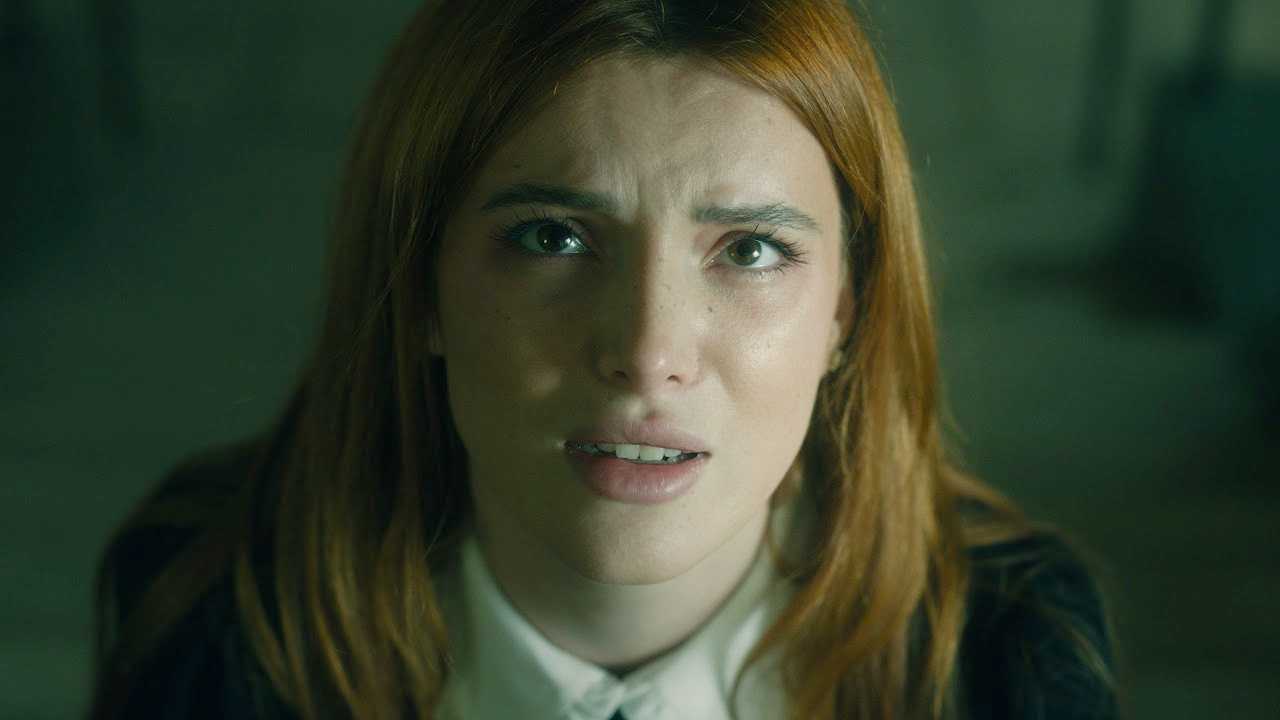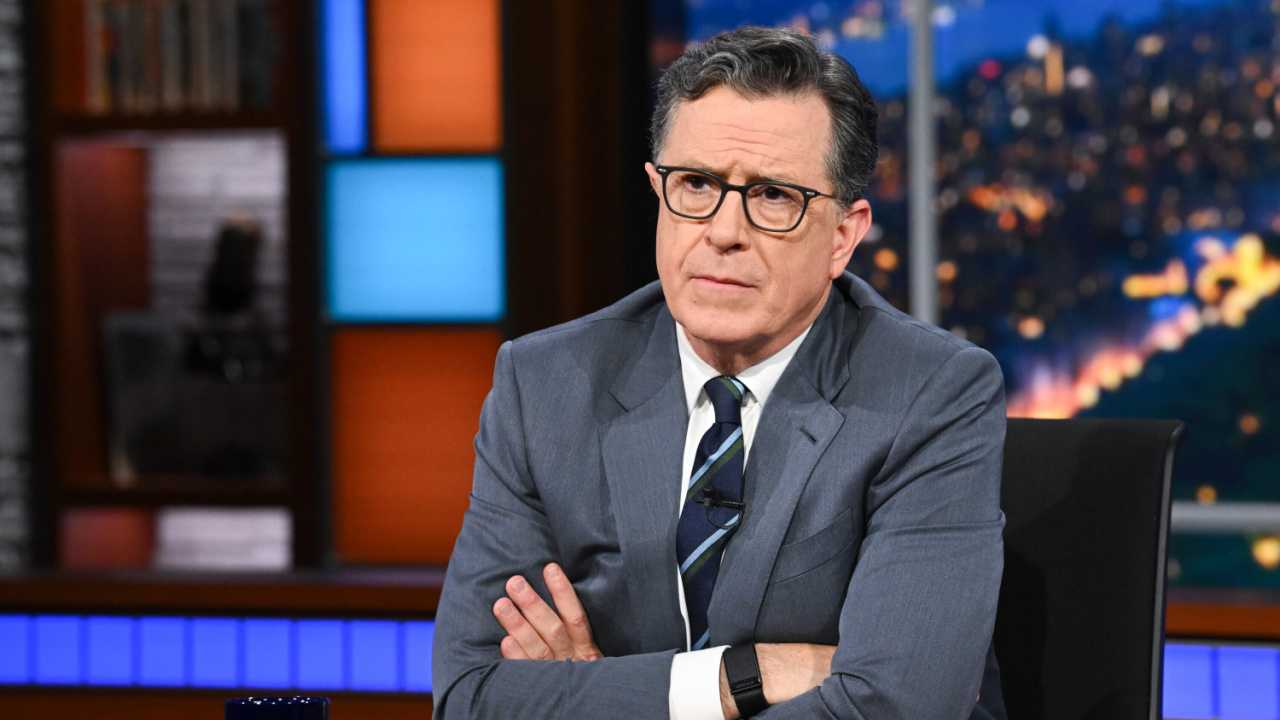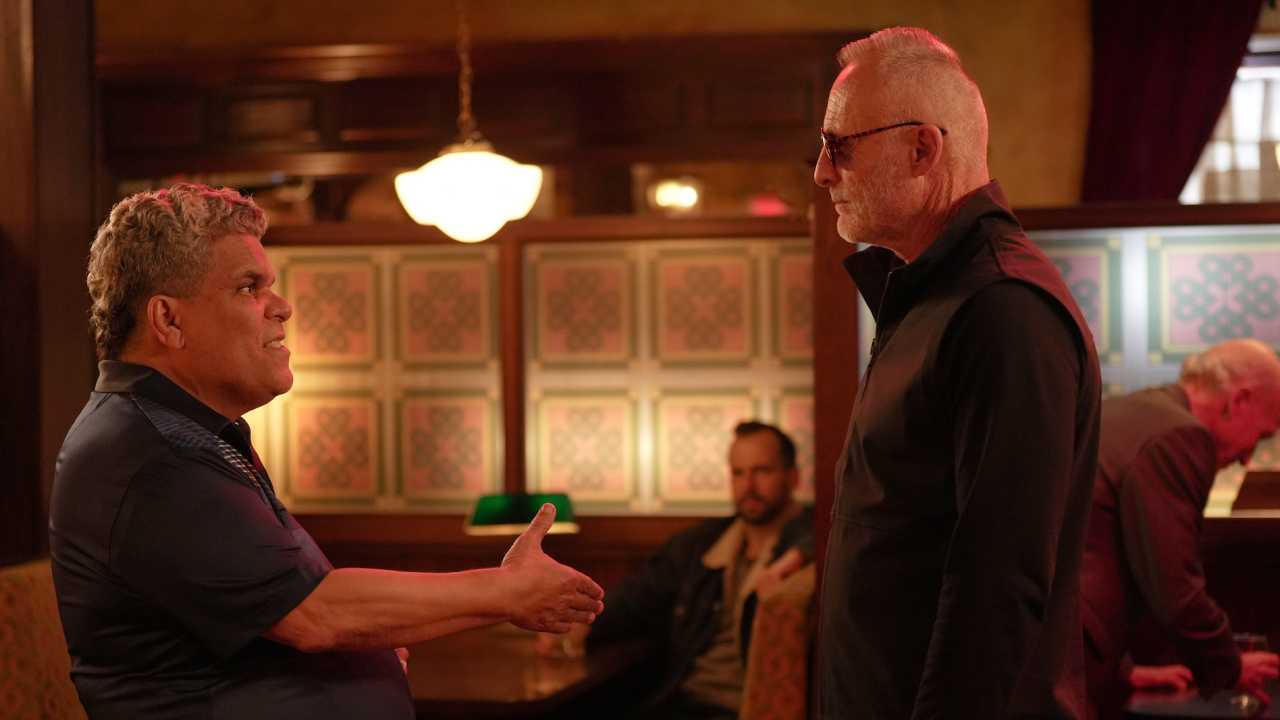The 10 Best Modern Westerns You Need to Watch Right Now
Everyone knows what a western is. But what happens when you take away the horses and saloons and replace them with wide-bodied cars and sleazy bars? The modern western (or neo-western) isn't just set in modern times, it's also transported the philosophy, archetypes, and thematic concerns of the classic westerns to a new era. It's often an exciting clash of ideas and aesthetics, as established by "No Country for Old Men," which is turning ten years old and arguably set the gold standard for modern westerns. In celebration of "No Country for Old Men's" accomplishments, here are the very best modern westerns.
'Assault on Precinct 13' (1976)
John Carpenter's proper feature debut concerns a police precinct on the verge of closure and the bloodthirsty gang that attacks it. Carpenter has long been an admirer of the western genre, and his films frequently flirt with archetypes first developed long ago. For "Assault on Precinct 13," he looked primarily to the Howard Hawks' 1959 oater "Rio Bravo," which shares a similar setup and stoic characters. Carpenter would get close to making a straight-up western many years later, but nothing compares to his initial foray.
'Lone Star' (1996)
One of the more explicitly western films on the list, John Sayles' atmospheric mystery is, in many ways, an deconstruction of and dialogue with the thematic and narrative concerns of classic westerns. Primarily the story of a sheriff (an unbelievable Chris Cooper) who starts looking into the kind of man his father (Matthew McConaughey in flashbacks) actually was, "Lone Star" reveals layers of what those stories meant and what kind of men they were actually idealizing.
'Heat' (1995)
Usually the lines in the sand are drawn pretty clear in westerns, between cowboys and Native Americans or good guys and bad rustlers. All you'd have to do is look at the color of their hat to figure out which was which. In "Heat," Michael Mann's sprawling crime epic, men are drawn with all the toughness and stoicism of classic western heroes and villains, and the lines between good and evil (in this case bank robbers and the detectives trying to stop them) are drawn with an extra thick sharpie.
'Hell or High Water' (2016)
2016's surprise Oscar contender "Hell or High Water" embodied the western mythos by updating it (brilliantly). In Taylor Sheridan's crackling script, a pair of bank robbers (Chris Pine and Ben Foster) are pursued by a merciless lawman (Jeff Bridges) and his Native American sidekick (Gil Birmingham). That could have been the description of any dusty old western. But it's been fabulously designed for contemporary times. The bank robbers have been screwed over by an unjust bank and are victims as much as they are villains. The Texas setting goes a long way, too.
'Red Hill' (2010)
There have been a number of parallels drawn between Texas (the setting for so many classic westerns) and Australia. So it makes sense that one of the best modern westerns in recent memory would take place Down Under. In "Red Hill," Ryan Kwanten is a young deputy who faces down a coldblooded killer that has just escaped from prison. People wear cowboy hats, fire revolvers, and have deep notions of family and honor. Writer/director Patrick Hughes has had a tepid career in the mainstream, but "Red Hill" offers some agreeably hardcore thrills.
'Kill Bill: Volume 2' (2004)
Quentin Tarantino broke up his two-part revenge saga as thus: the first section was an "Eastern" origin story, and the second section was a Western. So it goes that the Bride (Uma Thurman) travels to Mexico looking for her mark, there are several violent confrontations in a dusty Texas trailer park, and the entire vibe has a sun-blasted, lackadaisical gait. (There's also the wonderful wedding rehearsal massacre, complete with a grizzled sheriff investigating the scene.) What makes "Kill Bill Vol. 2" movie so fun is Thurman's transformation from samurai to gunslinger.
'Bring Me the Head of Alfredo Garcia' (1974)
In Sam Peckinpah's down-and-dirty, crackerjack take on the western, a crime boss offers $1 million for the head of Alfredo Garcia, a man who has impregnated the boss' young daughter. From there, things get more and more twisted, incorporating copious amounts of Peckinpah's trademark deviant sex and explosive violence. It's a remarkably loopy narrative, but the central conceit, one of bounty hunters and drunken piano players and a pricey bounty, are intrinsic to the western genre, as is the Mexican setting. Seek "Bring Me the Head of Alfredo Garcia" out.
'Brokeback Mountain' (2005)
Talk about a movie that deliberately subverts the conventions of the genre and creates something new and wholly unique. "Brokeback Mountain," based on the acclaimed short story that was adapted by "Lonesome Dove" creator Larry McMurtry, took the iconography of the American cowboy and gave it depth, secrets, and contours that had evaded much of the genre up until that point. Setting the movie in the early 1960's, at a time uneasy with the upcoming sexual awakening, added a lot of power to the tale of two manly men who secretly craved one another.
'Desperado' (1995)
Robert Rodriguez's breakthrough film is all killer, no filler. Combining a number of influences, from cheap direct-to-video action movies to Sam Peckinpah films, Rodriguez crafted a single, out-of-control extravaganza that served as both a sequel to and remake of his first film "El Mariachi." Set entirely in Mexico, the tale of a man desperately seeking revenge about the gangster responsible for the murder of his wife and child, it feels like a traditional western, updated for modern times, with all of the baggy sections taken out. There isn't a lot of talk (besides a Quentin Tarantino cameo) in "Desperado," but there are elaborately orchestrated set pieces of major firepower, beautiful women every bit as tough as the men, and a clear moral compass.
'Logan' (2017)
The swansong for the beloved Wolverine character eschewed typical super-heroics for a pared back tale of a man attempting to get across the border with little more than a hope and a prayer. "Logan" may not be perfect, but in its fearless investigation and deconstruction of the loner cowboy character -- and the absolute conviction that it presents a host of new ideas, themes and concepts -- cannot be diminished. Hugh Jackman brings pain and pathos to what was an otherwise two-dimensional role. In "Logan," he's the gunslinger who's run out of bullets.

